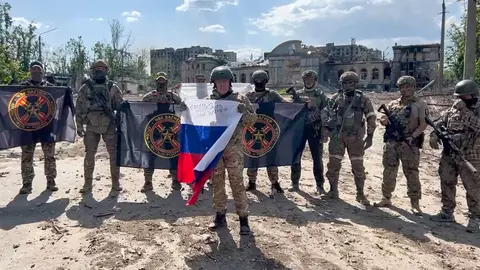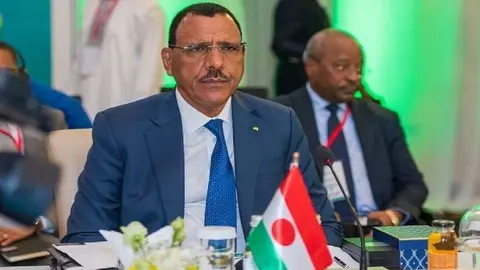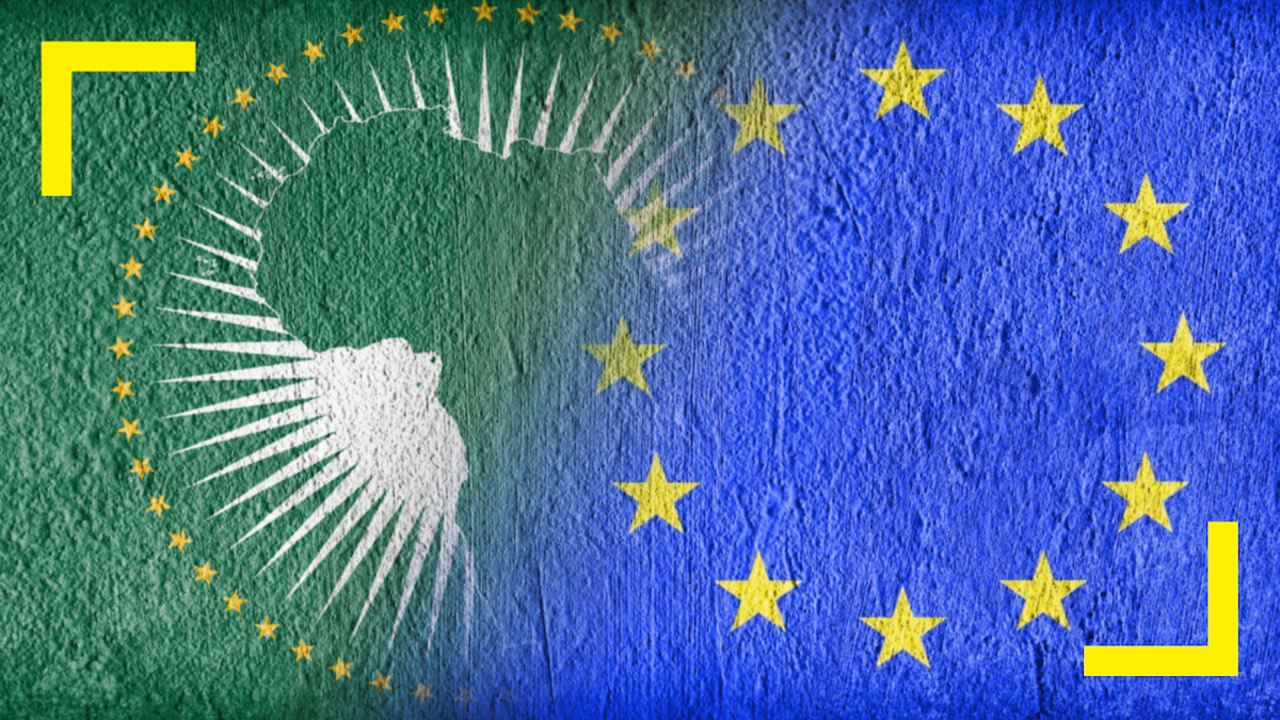Putin and Haftar discuss the situation in Libya and the region

Libya's Marshal Khalifa Haftar, leader of the country's eastern forces, met with Russian President Vladimir Putin during his visit to Moscow. In the past, during the years of war in Libya between the different factions after the overthrow of dictator Muammar Gaddafi, Russia was a major supporter of Haftar and the Libyan National Army (LNA). Other countries such as Egypt, the United Arab Emirates and Jordan also showed their support for the Libyan marshal.
Links between Moscow and Haftar have been maintained, while the LNA relies heavily on the Wagner mercenary group, which is present in other African countries. Despite repeated UN Security Council resolutions demanding the full withdrawal of all foreign military forces from Libya, hundreds of Wagner fighters remain in the east of the country, as well as in areas of the southern desert under Haftar's control.
Following the death of the group's leader, Yevgeny Prigozhin, in a plane crash last August, Moscow has sought to reassure its African partners that security contracts remain in place and reiterated Russian military support.
It is likely that Wagner's future in Libya after Prigozhin's death was discussed during the meeting in Moscow, although, according to Kremlin spokesman Dmitry Peskov, Putin and Haftar discussed "the situation in Libya and the region". This is the first meeting between the two since 2019, Libyan media report. The Libyan military also met with Russian Defence Minister Sergei Shoigu as well as Deputy Defence Minister Yunus-Bek Yevkurov.

Yevkurov knows eastern Libya well, having visited the region frequently in recent years. The last time, for example, was on 17 September, when he met with Haftar days after the devastating floods that left thousands dead and missing.
The Libyan army announced Haftar's trip to Moscow, indicating that he would hold talks with senior Russian officials on developments in Libya, bilateral relations between the two countries, ways to improve them, as well as issues of common interest. The Libyan marshal was accompanied by a number of senior military officials, including Lieutenant General Khairy Al-Tamimi, Chief of Staff of the security units, the commander of the 166th Infantry Battalion, Colonel Ayoub Bousif and Colonel Bassem Al-Bouaysh.

US warns of destabilising effect of meeting
Shortly after the meeting between Haftar and Putin, US State Department spokesman Matthew Miller warned of the destabilising effects of establishing relations with Russia, according to Europa Press.
"We have urged all countries around the world, when engaging with Moscow, to be mindful of the destabilising effect that Russia has, not only in Ukraine, but also in Africa and around the world," Miller said during a press conference. The State Department spokesman stressed that any country considering engaging or strengthening relations with Russia, as well as signing agreements, must "be very clear about the destabilising effect of Russia's activities".










